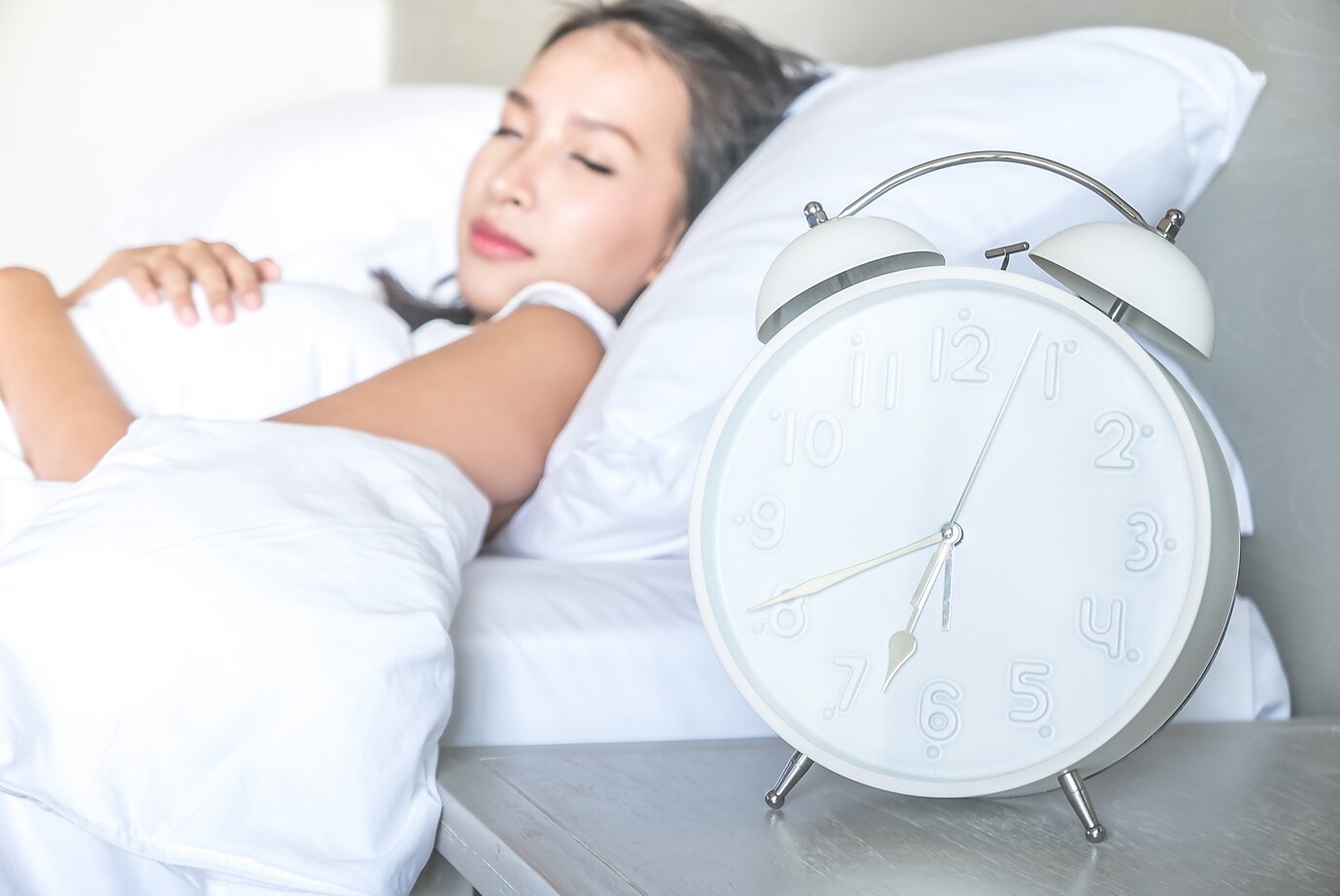Circadian Rhythm
Rhythm of Sleep
The 24 hour light-dark cycle as controlled by earth’s rotation around the sun is a fundamental characteristic of the Earth’s environment. Its impact on the evolutionary physiology and behaviour of animals (including humans) alike is astounding to say the least. Your circadian rhythm is the daily internal clock which determines your sleep/wake cycle.⁴ It has an influence on your alertness or tiredness and is strongly affected by the presence, absence and intensity of light.⁴ This article will explain the effect of sunlight on your circadian rhythm and provide some tips on maintaining an optimal sleep cycle.

Light and the Circadian Rhythm
Over 35 years ago it was discovered that circadian rhythms in mammals are driven by specialised neurons called “pacemakers” in the hypothalamus of the human brain. These clusters of neurons are directly connected to the retina of your eye and are mediated by light exposure.³ Light exposure earlier in the day will foster the onset of activity for day rising animals including humans. This is done by the selective release of sleep inducing hormones such as melatonin later on in the day in response to the onset of the dark night.²
For most adults the biggest dip in energy occurs in the early hours of the morning (between 2:00am and 4:00am) and just after lunch time (about 1:00pm to 3:00pm) when it is most commonly perceived as a food coma. The intensity of these fluctuations are not as noticeable for those who have caught up on all their sleep.

Maintaining your Sleep Cycle
Similar to our minds, our bodies crave consistency. With regular daily activities, our various body systems are able to prepare for and anticipate events allowing us to naturally be more alert closer to our “wake up” time, naturally activate our digestive systems closer to our meal times and naturally become tired closer to our bed times. Here are a few tips on keeping up with your sleep cycle.¹
MAINTAIN REGULAR BEDTIMES
Your weekly schedule may differ from the working week to the weekend but maintaining that 6am wake up call right through the week will go a long way in helping you keep your rhythm. This allows your body to naturally anticipate and prepare for waking or sleeping.
MAXIMISE YOUR ACTIVITIES DURING THE DAY
TIME YOUR LIGHT EXPOSURE
BE MINDFUL OF RHYTHM ‘DISRUPTORS’
References
Dautovich, N. (2018). 4 Tips to Maximize Your Circadian Sleep-Wake Rhythm. Sleep Explorer.
Dijk, D., & Archer, S. (2009). Light, Sleep, and Circadian Rhythms: Together Again. Plos Biology, 7(6), e1000145.
What is Circadian Rhythm?. (2018). Sleepfoundation.org. Retrieved 5 March 2018

